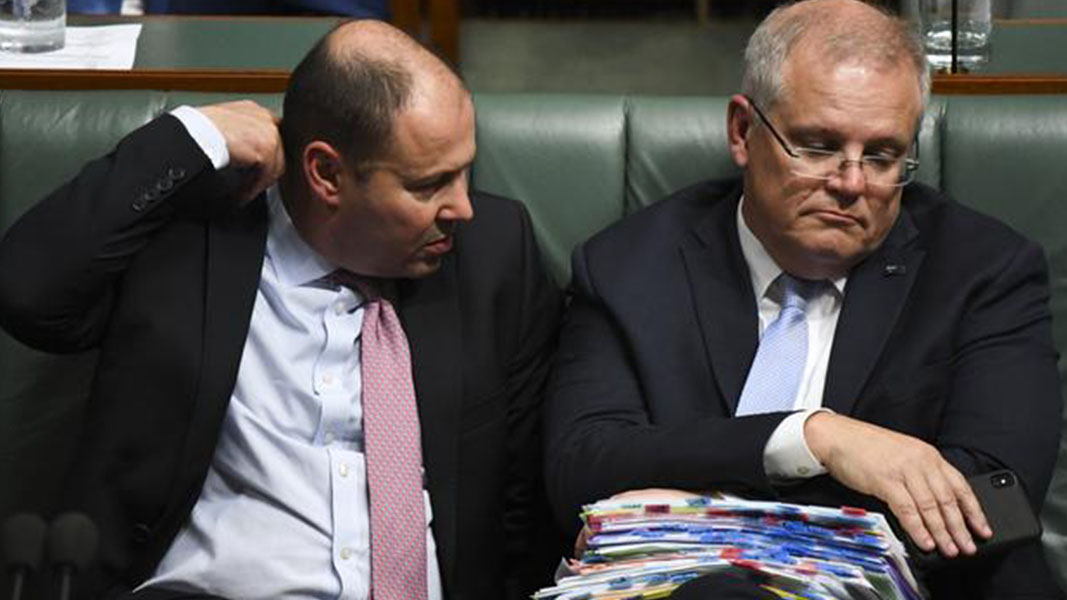Figures show that the budget deficit is currently running at $44 billion per annum. As the handouts kicked in, the monthly deficit for April 2020 was $13 billion, with the expectation that there will be similar deficits until September.
The Australian Government publishes “Commonwealth Monthly Financial Statements” that allows us to track rolling 12 months budget surplus/deficit figures, so we don’t have to wait for the official Budget figures due out late in the year.
Up until the end of the year, the Government says that we were moving to a budget surplus and that Covid-19 is to blame for the deficit. It appears that the National finances were deteriorating since July 2019.
Revenue has flatlined since July, with expenses picking up the pace of increases, especially in the areas of Health and Social Security.

Breaking down the detail, Individual income tax has increased due to the perennial problem of bracket creep. Tax refunds increased by 23% because of the cash handouts the Government did last July. Tax paid by superannuation funds has fallen sharply. GST collections have remained steady, possibly indicating the latest handouts has supported consumer spending. Wine tax had a healthy increase because there wasn’t much else to do other than drink during the covid-19 restrictions. The fall in the luxury car tax follows the global trend of shrinking car sales.
The most substantial increase in expenses was in the categories of Health and Social Security and welfare. The cash handouts due to the Covid-19 restrictions appear in the category of “other economic affairs.”
The expanding budget deficit appears to have achieved the necessary effect of stabilizing the economy and maintaining consumer spending. The problem will be when the period of Government largesse expires later in the year, and spending in the economy will need to rely on a buoyant economy. Given that the trend to a deficit commenced in July last year, the likelihood of constrained spending by the Government to move back to a surplus is unlikely. Growing deficits due to mandatory social security and welfare spending are the likely outcomes, with the commensurate stress on the country’s credit rating.

- How the Chevron Doctrine decision could shake the environment and investors - July 10, 2024
- Why a tsunami of liquidity might be on its way - July 5, 2024
- A quick explainer on Hybrids and why people trade them - June 24, 2024













Leave a Comment
You must be logged in to post a comment.